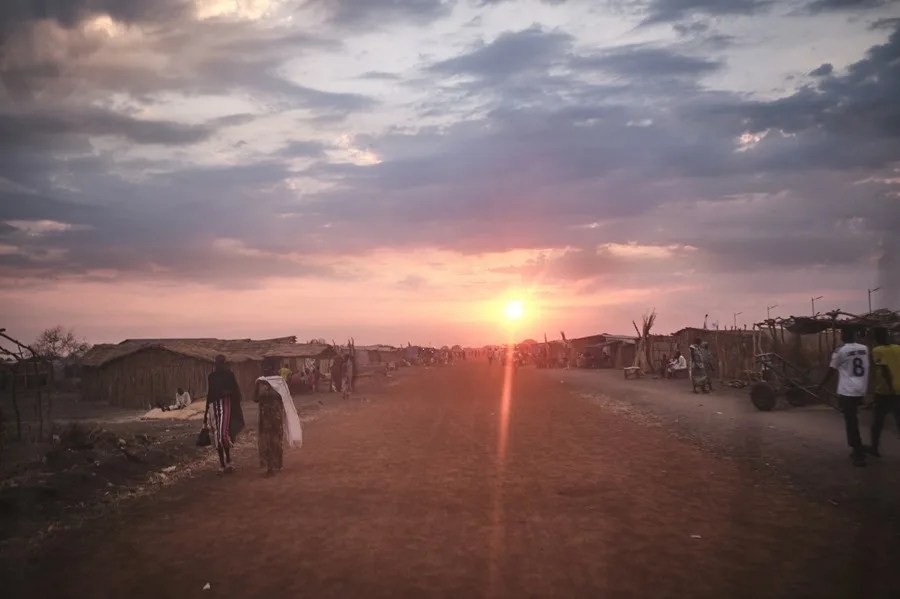Deadly Cattle Raid in South Sudan Exposes Failures of Governance and Security
A brutal raid over 2,500 cattle in South Sudan’s Pibor region left at least 40 dead, highlighting the ongoing security vacuum and governance breakdown that endangers communities and fuels regional instability.

At least 40 people lost their lives this week in eastern South Sudan following a violent attempted theft of approximately 2,500 head of cattle in Pibor’s administrative area. Local authorities report that armed groups from Eastern Equatoria launched the assault, triggering fierce clashes with local youth defenders. Thirty-six attackers were killed, alongside four defenders, underscoring a deadly cycle of violence rooted in lawlessness.
How Did South Sudan Allow Such Carnage Over Livestock?
Cattle are more than livestock in South Sudan; they are the bedrock of wealth, social standing, and survival for many communities. Yet this vital resource has become a flashpoint for violent conflict amid a chronic security vacuum. Despite years since independence in 2011, weak governance and ineffective local law enforcement facilitate these raids which have already claimed hundreds of lives across states like Jonglei, Eastern Equatoria, and Unity.
How long will international aid agencies and government officials tolerate such devastating insecurity that only deepens poverty and destabilizes an already fragile nation? The failure to protect fundamental economic assets like cattle directly threatens food security —and by extension regional stability—something that inevitably has ripple effects beyond Africa’s borders.
Security Vacuum Threatens Regional Stability—and U.S. Interests
This latest bloodshed is not simply an isolated tribal dispute but emblematic of political dysfunction at the highest levels. President Salva Kiir’s government remains embroiled in power struggles with opposition forces led by Vice President Riek Machar amid accusations including terrorism—all while communities bear the brunt of neglect.
The chaos festering in South Sudan serves as a cautionary tale to America: weak state structures abroad create breeding grounds for instability that can spill over into global security challenges. When governance fails to secure its citizens’ livelihoods, it invites both humanitarian catastrophe and geopolitical vulnerabilities.
For families whose lives revolve around their cattle herds, this attack is not just about stolen animals—it’s about survival threatened by systemic failure. The call from local leaders for urgent security reforms cannot be ignored; ensuring effective policing and conflict resolution mechanisms serves not only South Sudanese interests but aligns with America First principles prioritizing strong borders, rule of law, and stable partners worldwide.
